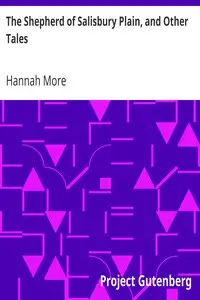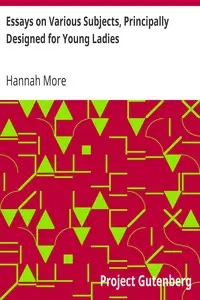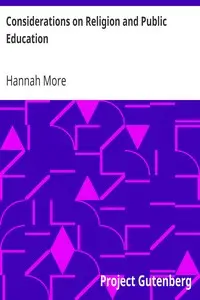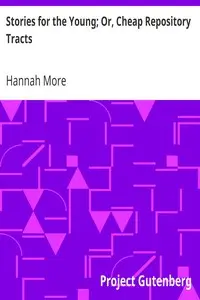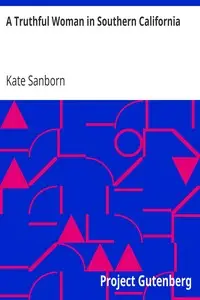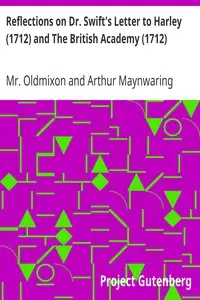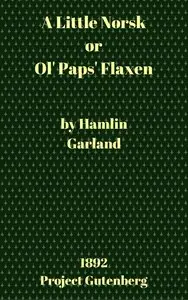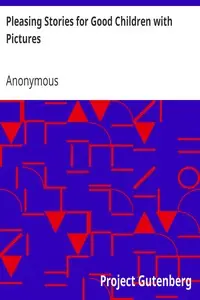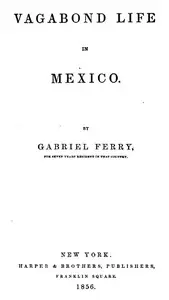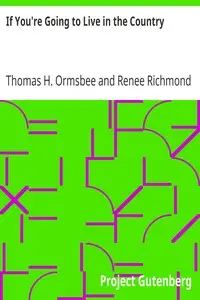"The Fatal Falsehood: A Tragedy. In Five Acts" by Hannah More is a play written in the early 19th century. This dramatic work explores themes of love, betrayal, and the human struggle with honor and morality. Set against the backdrop of aristocratic society, it illuminates the complexities of personal relationships and the consequences of deceit. The narrative revolves around the tangled emotions and loyalties of its characters, primarily focusing on Orlando and his complicated feelings for both Julia and Emmelina, while Rivers—Orlando's close friend—also becomes ensnared in this web of love. As the story unfolds, Orlando grapples with guilt and jealousy, leading to a tragic climax involving betrayal and murder, driven by the malevolent machinations of Bertrand. Ultimately, the play paints a poignant picture of the devastating effects of unchecked passion and revenge, culminating in a heart-wrenching conclusion that underscores the fragility of human relationships. (This is an automatically generated summary.)
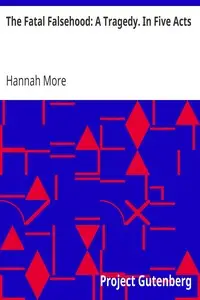
The Fatal Falsehood: A Tragedy. In Five Acts
By Hannah More
"The Fatal Falsehood: A Tragedy. In Five Acts" by Hannah More is a play written in the early 19th century. This dramatic work explores themes of love,...
Hannah More was an English religious writer, philanthropist, poet, and playwright in the circle of Johnson, Reynolds and Garrick, who wrote on moral and religious subjects. Born in Bristol, she taught at a school her father founded there and began writing plays. She became involved in the London literary elite and a leading Bluestocking member. Her later plays and poetry became more evangelical. She joined a group opposing the slave trade. In the 1790s she wrote Cheap Repository Tracts on moral, religious and political topics, to distribute to the literate poor. Meanwhile, she broadened her links with schools she and her sister Martha had founded in rural Somerset. These curbed their teaching of the poor, allowing limited reading but no writing. More was noted for her political conservatism, being described as an anti-feminist, a "counter-revolutionary", or a conservative feminist.

